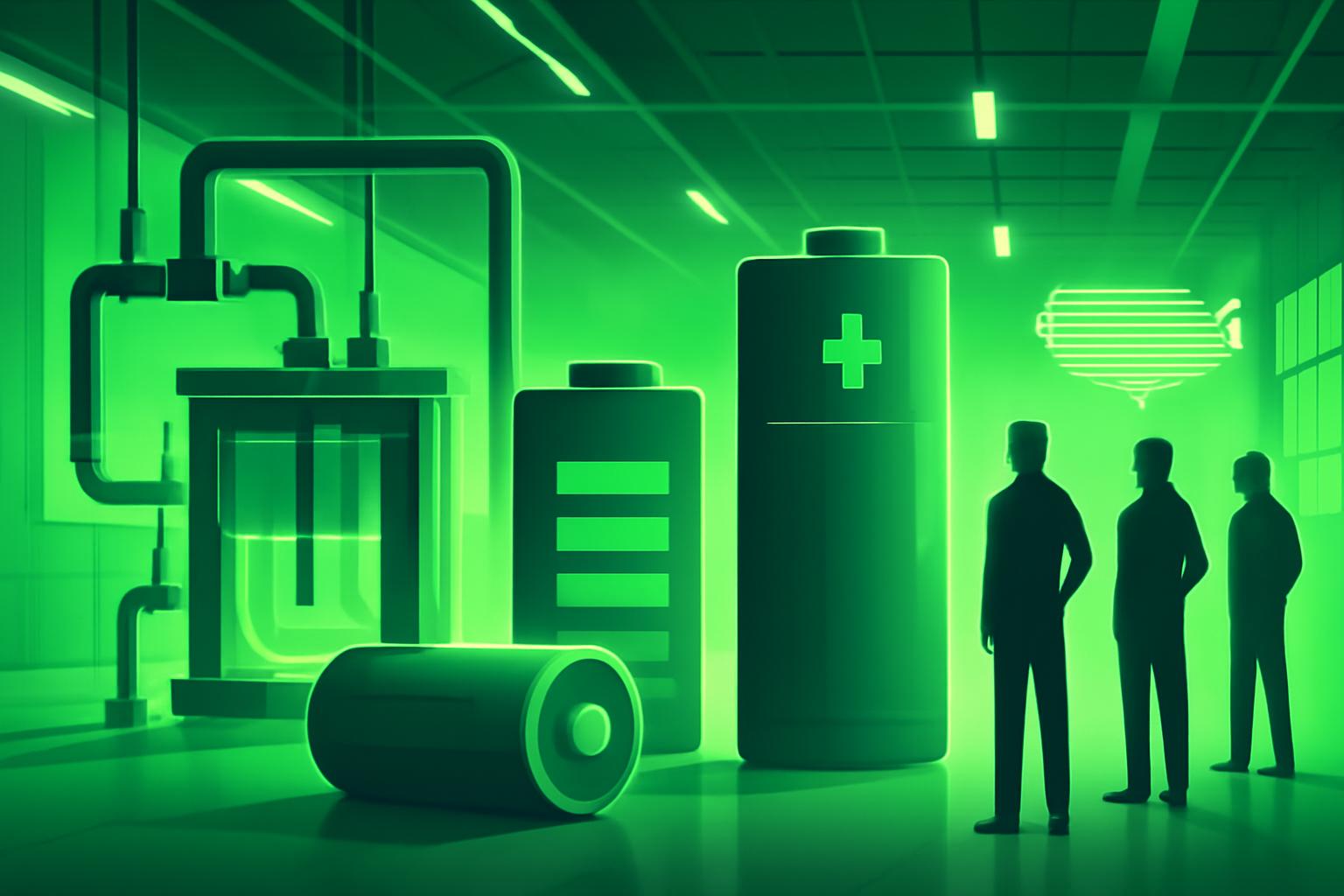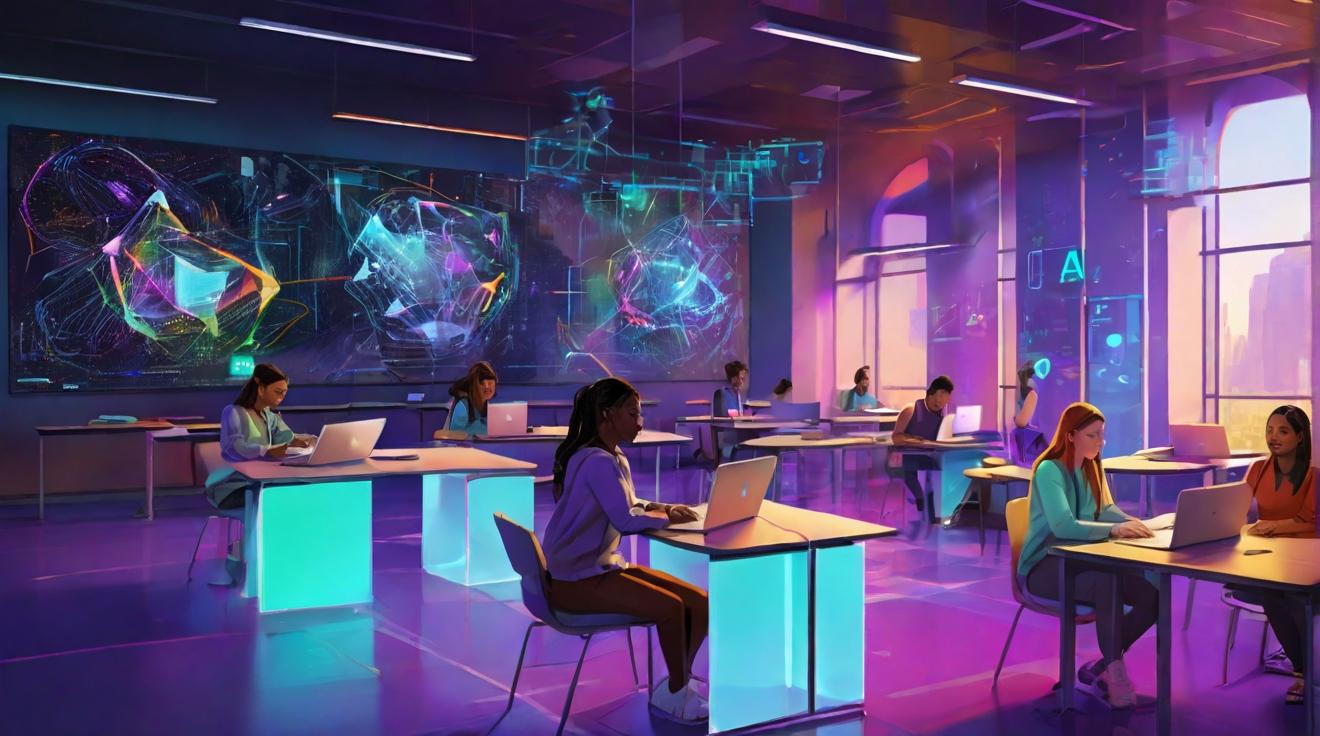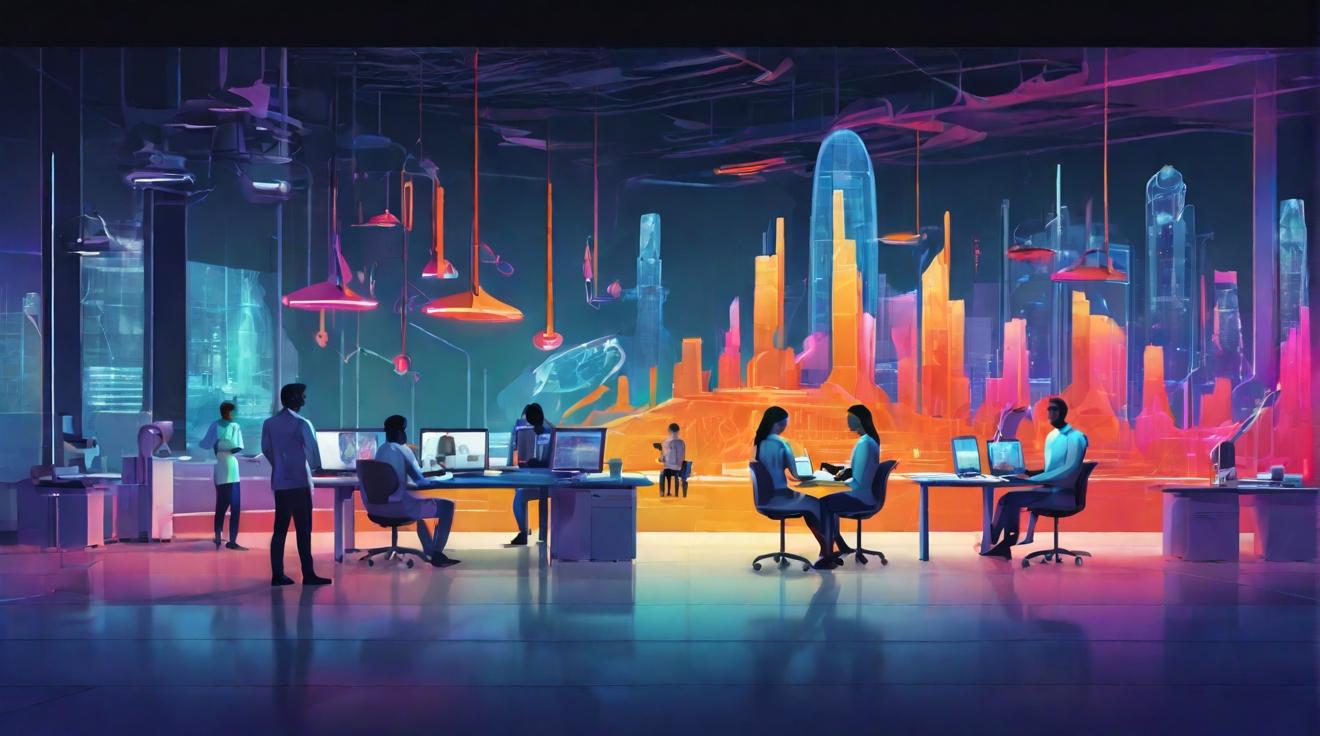Electroflow Targets Major Cost Reduction in LFP Battery Material Production
The lithium-iron-phosphate (LFP) battery sector has emerged as a critical component in reducing electric vehicle (EV) costs, offering durability and affordability. However, US automakers face challenges due to tariffs and regulatory barriers linked to the Chinese-dominated supply chain, where China produces nearly 99% of LFP material. Electroflow, a US-based startup, aims to disrupt this landscape by developing an innovative production process that could undercut Chinese producers by as much as 40%, effectively reshaping the domestic supply chain and enhancing energy independence.Revolutionizing Lithium Extraction: A Streamlined Three-Step Process
Founded by Eric McShane and Evan Gardner, Electroflow has engineered a novel electrochemical method that transforms lithium-rich brines directly into LFP material through only three steps, bypassing the traditional ten-step process that currently dominates the industry. The process leverages lithium-ion battery technology principles, using specialized electrochemical cells equipped with anodes that alternately absorb lithium ions from brine and release them into carbonate-rich water, producing lithium carbonate. This intermediate is then combined with phosphate, iron, and other reagents to create battery-ready LFP powder.“We looked at the whole process of mining, starting from the rock or the salt water and getting all the way to a lithium chemical. We were like, man, that’s like ten steps. That clearly is not the best way to do it,” said Eric McShane, Electroflow’s CEO.Cost Efficiency and Scalability: A New Standard in LFP Production
Currently, LFP material imported from China sells for approximately $4,000 per metric ton, roughly one-third the cost of US-produced equivalents. Electroflow projects its initial production cost at around $5,000 per metric ton by the end of 2025, with plans to scale down to less than $2,500 per metric ton as operations expand. The company’s full-scale system will fit within a 20-foot shipping container, capable of producing 100 metric tons of LFP material annually. This compact, modular design facilitates deployment across multiple US lithium brine sites, optimizing resource utilization and supply chain resilience. Energy consumption is minimal; producing 50 metric tons of lithium carbonate annually requires electricity comparable to a single US household, with water usage largely recycled within the process.Funding Milestone and Industry Endorsement
Electroflow recently closed a $10 million seed funding round led by Union Square Ventures and Voyager, with participation from Fifty Years and Harpoon Ventures. This capital injection will accelerate the transition from pilot to commercial-scale production. The company validated its technology using brines extracted from a geothermal site in California, demonstrating the process’s viability and adaptability to domestic lithium sources.Strategic Implications for the US Battery Supply Chain
With China controlling nearly all current LFP production, Electroflow’s breakthrough offers a pathway to reduce US dependence on foreign suppliers, mitigate tariff impacts, and foster domestic manufacturing growth. “Our goal is to flip the script on LFP production in the US, making it cost-competitive and sustainable,” McShane emphasized. “Unless China adopts a similarly innovative, clean-sheet approach, we believe our method will remain the lowest-cost option.”FinOracleAI — Market View
Electroflow’s technology represents a significant advancement in lithium battery material production, potentially reshaping the competitive landscape by enabling US-based, cost-effective LFP supply. This development aligns with broader strategic goals to secure domestic sources of critical battery materials, essential for EV growth and clean energy transitions.- Opportunities: Disrupting Chinese dominance in LFP supply, reducing EV battery costs, fostering US manufacturing jobs, and advancing sustainable lithium extraction methods.
- Risks: Scaling challenges, potential technological hurdles in commercial deployment, and competitive responses from established Chinese producers.
Impact: Electroflow’s approach could catalyze a more resilient and competitive US battery supply chain, lowering costs and supporting domestic EV production.
Contents
Electroflow Targets Major Cost Reduction in LFP Battery Material ProductionRevolutionizing Lithium Extraction: A Streamlined Three-Step ProcessCost Efficiency and Scalability: A New Standard in LFP ProductionFunding Milestone and Industry EndorsementStrategic Implications for the US Battery Supply ChainFinOracleAI — Market View













